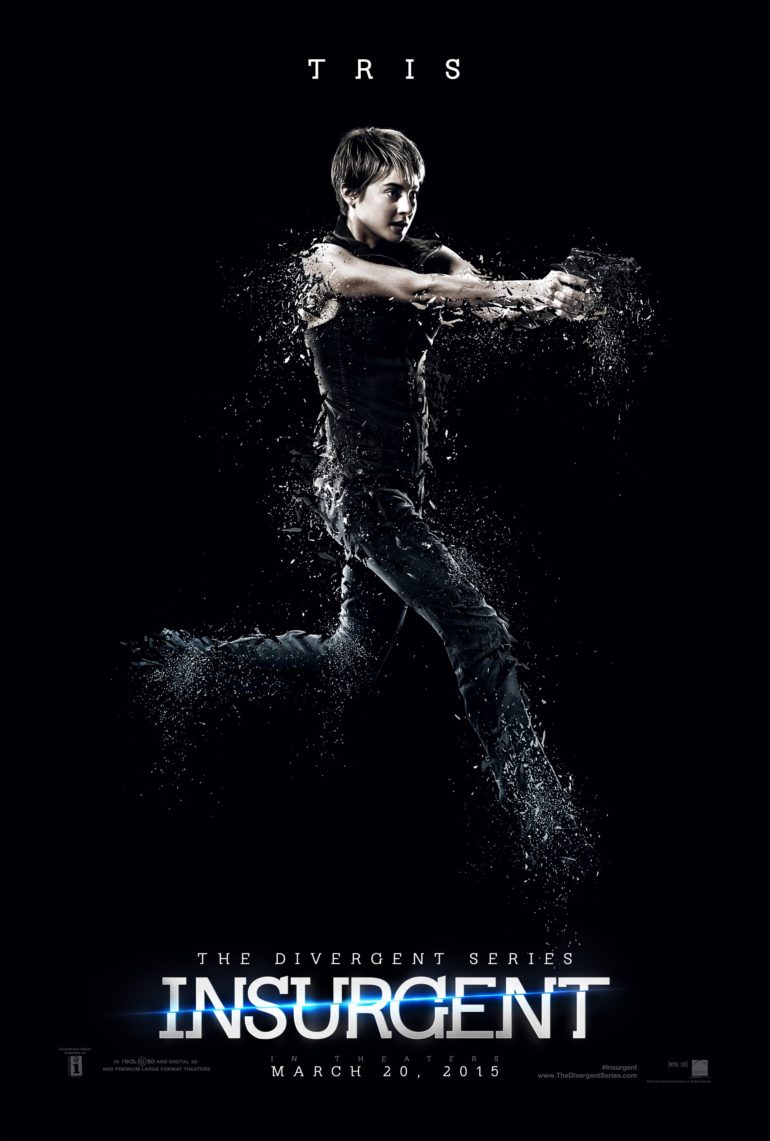In one of his skits in his show No Cure For Cancer, Denis Leary bemoaned the fact his generation was labelled the ‘TV Generation’, doing nothing but staring at the gogglebox all the time. As he points out, it’s no wonder: Lee Harvey Oswald was shot live one Sunday morning and they were afraid to change the channel for thirty years. It’s this paranoid reticence on which Louis Bloom (Jake Gyllenhaal) and his fellow ‘nightcrawlers’ prey in Dan Gilroy’s directorial debut, an efficiently entertaining hodge-podge of influences, armed with a blunt message. Inhale deeply; the underbelly awaits.
It’s that ‘crawl’ in Nightcrawler that sets the mood. The ‘crawlers’ are the freelance film crews that capture the immediate aftermath (if not more) of car crashes, murders, home invasions and the like. Anyone who’s ever watched local network news in the US knows this kind of footage: handheld, swiftly shot and bloody. It’s an unrepentantly vile line of work, but there’s clearly money to be made. It’s a stark contrast to the views that accompany the opening credits. Wide shots of a glittery LA rope us in, while the city is in turn hemmed in by television masts and aerials. For all the high-speed camcorders darting about, the unsung hero of Nightcrawler is DoP Robert Elswit (There Will Be Blood, Magnolia), who has clearly rewatched Heat to nail this teeming mass of lights interrupting dark chasms of corruption. There’s a lot hiding in the shadows, including our leading man Bloom.
We first see Bloom attempting a break-in at a storage depot by cutting the rail-link fence. One security scare and a fight later, and he’s trying to sell on his ill-gotten gains (Selling a fence to a fence? Arf-arf). He also takes the opportunity to look for a job with said fence. There’s desperation here, masked by a studied (literally, learned from a book) confidence. Bloom is a jack of all trades, looking for one to master. In the first few minutes we see him as a thief, a trespasser, a salesman and a negotiator; with his motor mouth and Brylcreem-drowned bonce, he’s ace most any legitimate job interview. Instead, Bloom hides in the dark recesses, trading in the untradeable. Gyllenhaal plays Bloom as detached from all around him, a Patrick Bateman-type surrounded by a lot less yuppies. His vocabulary of buzzwords is built for pitching ideas, prices and himself. Gyllenhaal absolutely gets the creepiness of Bloom without resorting to tics (It’s a wonder he didn’t give his eyelids a sprain with his excessive blinking in Prisoners).
Driving on the highway, Bloom spots a fiery car accident. More importantly, he spots the crawler crew filming the dramatic rescue. Watching the breakneck pace advocated by long-time nightcrawler Loder (Bill Paxton, slimy), you can see the fire in Bloom’s eyes. One cheap camcorder and police scanner later, and he’s on the hunt for saleable carnage. His first piece grabs the attention of CBS 2 News, in particular its news director Nina Romina. With Romina, we get the welcome return proper (the Thor films count for relatively little) of Rene Russo. In her finest role since The Thomas Crown Affair, she plays the unscrupulous director with a charming menace. That said, even she gets taken aback by the methods and drive of little boy Bloom. Though he’s certainly an keen observer like his namesake Leopold in Ulysses, he derives little from it on a personal level. It’s all about the money, and the opportunities presented by his new trade. He has no scruples about what he must do; why not move a body if it helps get a good shot for TV?
The bloody-mindedness of the modern media may be an obvious target, but Nightcrawler takes aim and nails its target head-on. Once we see Nina rush to get Bloom’s stuff on the air, the message is clear. Unfortunately, from that point Nightcrawler is full of vim, but it’s racing to no clear destination. It’s a film of ever-increasing loops; Bloom goes after bigger quarries, get caught in greater dangers and gets paid bigger cheques. We see his new business grow (including hiring a new assistant, Riz Ahmed’s suitably-panicked Rick), but Bloom scarcely changes. The ‘no-hugging, no-learning’ rule may have worked for Seinfeld, but in Nightcrawler it means there’s little risk. Like Bloom, we become passive observers of the (admittedly gritty) action. At least Gilroy makes sure to keep the action going. For the sake of speed, Bloom invests in a sporty red number (ensuring an immediate recall to superior films like Drive), before getting directly involved in one of his news stories. Nightcrawler pokes at possibilities of investigating worthy topics like race relations, but that’s ultimately shelved for a worthy-but-familiar lesson in media perversion. If it bleeds, Gyllenhaal will make sure it leads for a price.
Nightcrawler is a crawl through an off-kilter mind but, by tip-toeing around some fertile material, it can’t help but feel a little wanting. Stilll, it does offer some gleefully lurid thrills, plus the fine performances from Gyllenhaal and Russo. But this kind of media nightmare is nothing new; Nightcrawler may be mad as hell, but it could always take a bit more.

